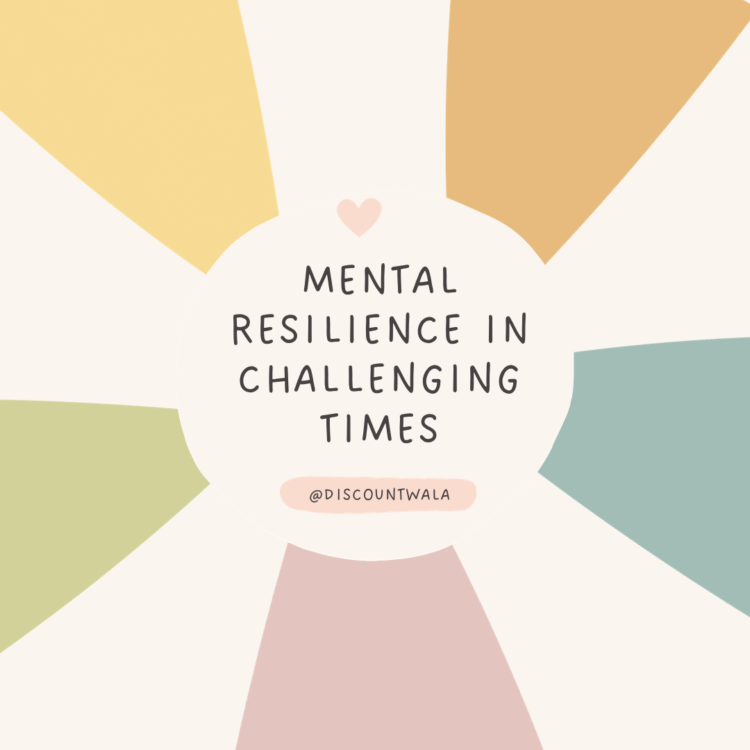Life is a series of ebbs and flows, and inevitably, we encounter challenges that test our strength and resilience. Building mental resilience is the key to not only weathering the storms but emerging from them stronger. In this blog, we’ll explore strategies and insights to help you cultivate mental resilience during challenging times.
1. Acknowledge and Accept Your Emotions
The first step in building mental resilience is acknowledging and accepting your emotions. It’s okay to feel a range of emotions, including sadness, frustration, or anxiety. Allow yourself to experience and process these emotions without judgment. Recognizing your feelings is a crucial aspect of navigating challenges.
2. Develop a Growth Mindset
A growth mindset is the belief that abilities and intelligence can be developed through dedication and hard work. Embrace challenges as opportunities for growth rather than insurmountable obstacles. Cultivate a positive outlook, and view setbacks as learning experiences that contribute to your personal development.
3. Maintain a Support System
Connect with friends, family, or a support network during challenging times. Sharing your feelings and experiences can provide emotional support and different perspectives. Strong social connections act as a buffer against stress and contribute significantly to mental well-being.
4. Practice Mindfulness and Self-Care
Mindfulness involves staying present in the moment without judgment. Incorporate mindfulness practices, such as meditation or deep breathing exercises, into your daily routine. Additionally, prioritize self-care activities that bring you joy and relaxation, whether it’s reading, taking a walk, or enjoying a hobby.
5. Set Realistic Goals
Break down challenges into smaller, more manageable goals. By setting realistic and achievable objectives, you create a sense of accomplishment along the way. Celebrate small victories, and gradually work towards larger goals, fostering a positive and resilient mindset.
6. Adaptability and Flexibility
Life is unpredictable, and developing adaptability is crucial for mental resilience. Embrace the reality that change is a constant, and focus on adapting to new circumstances. Being flexible allows you to navigate challenges with a more open and creative mindset.
7. Seek Professional Support
If challenges become overwhelming, seeking professional support is a sign of strength, not weakness. Mental health professionals can provide guidance, coping strategies, and a safe space to explore your thoughts and emotions.
8. Maintain a Healthy Lifestyle
Physical well-being is intertwined with mental resilience. Ensure you are getting enough sleep, maintaining a balanced diet, and engaging in regular physical activity. These lifestyle factors contribute significantly to your overall resilience and ability to cope with stress.
9. Learn from Past Experiences
Reflect on past challenges you’ve overcome. Recognize the strength and resilience you demonstrated in those situations. By acknowledging your past successes, you build confidence in your ability to face current and future challenges.
10. Cultivate Gratitude
Even in challenging times, there are often aspects of life to be grateful for. Practice gratitude by regularly acknowledging and appreciating the positive aspects of your life. This mindset shift can foster resilience by focusing on the strengths and resources available to you.
Conclusion
Building mental resilience is an ongoing process that involves intentional practices and a commitment to self-care. By incorporating these strategies into your life, you can navigate challenging times with grace and emerge stronger on the other side. Remember, resilience is not about avoiding difficulties but about developing the inner strength to face them with courage and resilience.










No Comments
Leave Comment